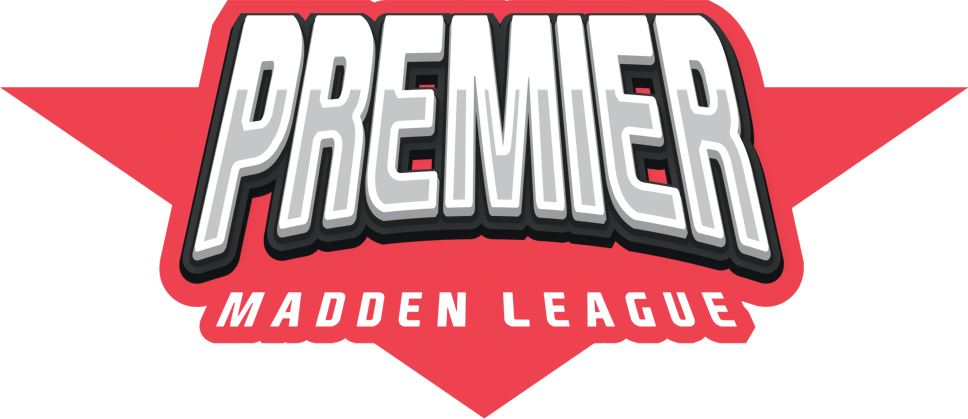Week 3 brought another challenging game for us, and unfortunately, we couldn’t overcome the Denver Broncos’ well-executed game plan, leading to a 38-28 defeat. While our offense had some bright moments, we fell short in several critical areas, most notably in stopping their passing attack and establishing a more consistent run game. Denver’s balanced approach on both sides of the ball exposed some lingering weaknesses that we’ll need to address moving forward.
Offense: Mayfield Struggles in a Tight Spot
Baker Mayfield had a mixed outing, completing 22 of 37 passes for 335 yards, 3 touchdowns, and 1 interception. While the yardage is impressive, his 59.5% completion rate suggests some inefficiency, as our offense sputtered in key situations. His long pass of 45 yards to Chris Godwin was one of the highlights of the game, but we needed more sustained drives to stay competitive.
Chris Godwin was once again our top playmaker, finishing with 7 catches for 116 yards and 2 touchdowns, continuing to show why he’s one of the most reliable weapons in our arsenal. He’s proving difficult for opposing secondaries to cover, and his ability to create yards after the catch is invaluable.
However, our running game was virtually nonexistent, which hampered our ability to control the clock and keep Denver’s offense off the field. Rachaad White managed only 52 yards on 11 carries, and Baker Mayfield led the team in rushing touchdowns with just one short scramble. Blair Irving, who we hoped would provide a spark, contributed only 10 yards on 4 carries. This lack of production on the ground made us one-dimensional, and Denver capitalized on that.
Missed Red Zone Opportunities
We managed to score 80% of the time in the red zone, but we left points on the field by settling for two field goals in critical moments where touchdowns were needed. Chase McLaughlin was perfect, hitting both field goal attempts, but our inability to punch it in on these drives allowed the Broncos to extend their lead and ultimately control the tempo of the game.
Defense: Big Plays Prove Costly
Our defense had its hands full with Denver quarterback B. Nix, who shredded us for 363 passing yards and 3 touchdowns. His ability to spread the ball around and target multiple receivers—especially Courtland Sutton (6 receptions, 98 yards, 2 touchdowns) and J. McLaughlin (3 receptions, 108 yards, 1 touchdown)—kept us on our heels. Sutton’s red zone presence and McLaughlin’s explosive plays were game-changing, and our secondary simply couldn’t match up, especially in man coverage.
We did have some strong individual performances, particularly from Joe Tryon-Shoyinka, who recorded 4 tackles and a sack, and Antoine Winfield Jr., who added 4 tackles of his own. However, these moments were too few and far between. Our lack of consistent pressure on the quarterback was glaring—only 1 sack on Nix, allowing him too much time to make decisions downfield. We also struggled in the run game, as Denver’s A. Estime and T. Franklin combined for 107 rushing yards, giving the Broncos the offensive balance that we lacked.
Defensive Adjustments Needed
We’ve allowed over 300 yards passing in two consecutive games now, and while our run defense showed some promise early on, the continued breakdown in pass coverage is a concern. Jamel Dean had solid contributions, but we’ll need more from our secondary in terms of ball-hawking and preventing big plays. Denver had five plays of over 20 yards, which absolutely killed our momentum.
Special Teams: Solid but Unspectacular
Our special teams unit was dependable, with Jake Camarda averaging 33.5 yards per punt and dropping one inside the 20-yard line. However, we didn’t generate much in terms of game-changing field position, and Denver’s special teams held us in check for the most part.
Key Takeaways as a Coach:
- Offensive Balance Needed – We can’t afford to be a pass-heavy team without a consistent run game to support it. Rachaad White needs more opportunities to establish the ground game, and we have to find ways to scheme better blocking and open lanes. Being one-dimensional is putting too much pressure on Mayfield and the receivers.
- Improve Third Down Efficiency – Our offense struggled to sustain drives, converting just a handful of third-down attempts. We need to scheme more effectively for short-yardage situations, allowing Mayfield to make easier throws or allowing our backs to pick up the first down.
- Defense Must Limit Explosive Plays – Denver’s big plays were backbreakers. We must address our coverage schemes and find ways to keep teams from going over the top on us. Giving up five plays of 20 yards or more is unacceptable.
- Pass Rush Needs More Bite – One sack is not enough, especially when facing a high-powered offense. We’ll need to dial up more pressure packages and look for ways to get guys like Vita Vea and Calijah Kancey into the backfield more consistently.
- Stay Disciplined in the Red Zone – Although our red zone scoring percentage wasn’t bad, settling for field goals rather than touchdowns won’t cut it. We’ll need better execution in short-yardage situations, perhaps adding some creativity in our play-calling.
This Week 3 loss stings, but we know the issues we need to address. We’ll be working hard in practice to clean up the mistakes on both sides of the ball and come back stronger in Week 4. If we can fix the run game, limit big plays, and keep our red zone efficiency high, we’ll be back on track soon.


